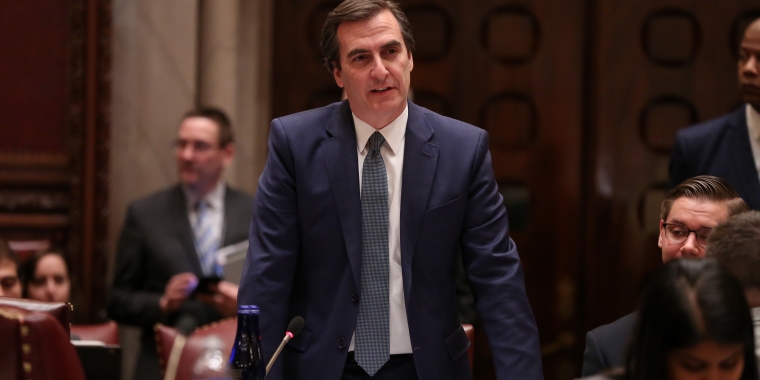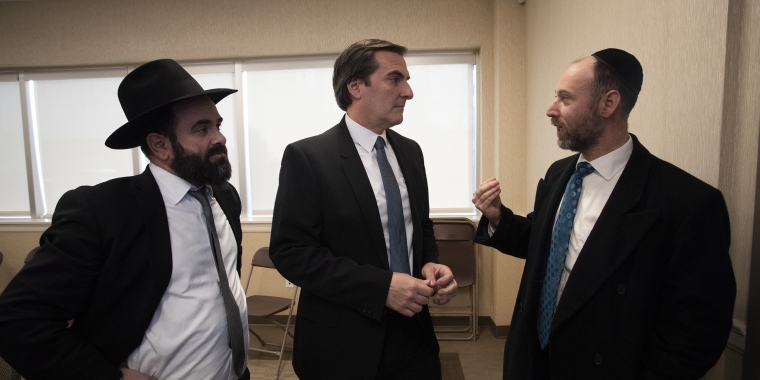
Senate Deputy Leader Gianaris, Senate Majority Stand Up for Survivors, Pass Child Victims Act
January 28, 2019
-
ISSUE:
- Child Victims Act

ALBANY, N.Y. – Senate Deputy Leader, along with the Senate Majority Conference, passed the Child Victims Act (S.2440) and reformed New York State’s outdated statute of limitations for child sexual abuse. The Child Victims Act will raise the criminal statute of limitations for child sexual abuse crimes by five years and raise the civil statute of limitations for causes of action brought by someone seeking redress for physical, psychological or other injury caused by child sexual abuse to age 55. Additionally, this legislation will create a one-year window, starting six months from the effective date of the bill, for past victims of child sexual abuse to initiate lawsuits against their abusers and the public and private institutions that let the abuse happen. The bill will eliminate onerous “notice of claim” requirements that create hurdles for victims to sue public institutions that negligently allowed the abuse to occur, during both the revival window and going forward.
Senate Deputy Leader Michael Gianaris said, “Protecting the most vulnerable in our society is the moral test of leadership. By passing the Child Victims Act, the new New York Senate is standing up for people who have been denied a chance for justice.”
The Child Victims Act passed by the Senate Majority will:
- Extend the criminal statute of limitations for child sexual abuse offenses by five years, giving survivors until age 28 to press charges for felonies and age 25 for misdemeanors.
- Extend the statute of limitations in civil actions arising from child sexual abuse, which currently range from one to five years at most, to allow survivors to bring suits until they reach age 55.
- Create a one-year window during which presently time-barred civil claims could be revived.
- Permit claims against both public and private institutions by explicitly eliminating the notice of claim requirement for bringing suits against public institutions both prospectively and during the revival window.
- Provide training for judges handling cases involving the sexual abuse of children.



